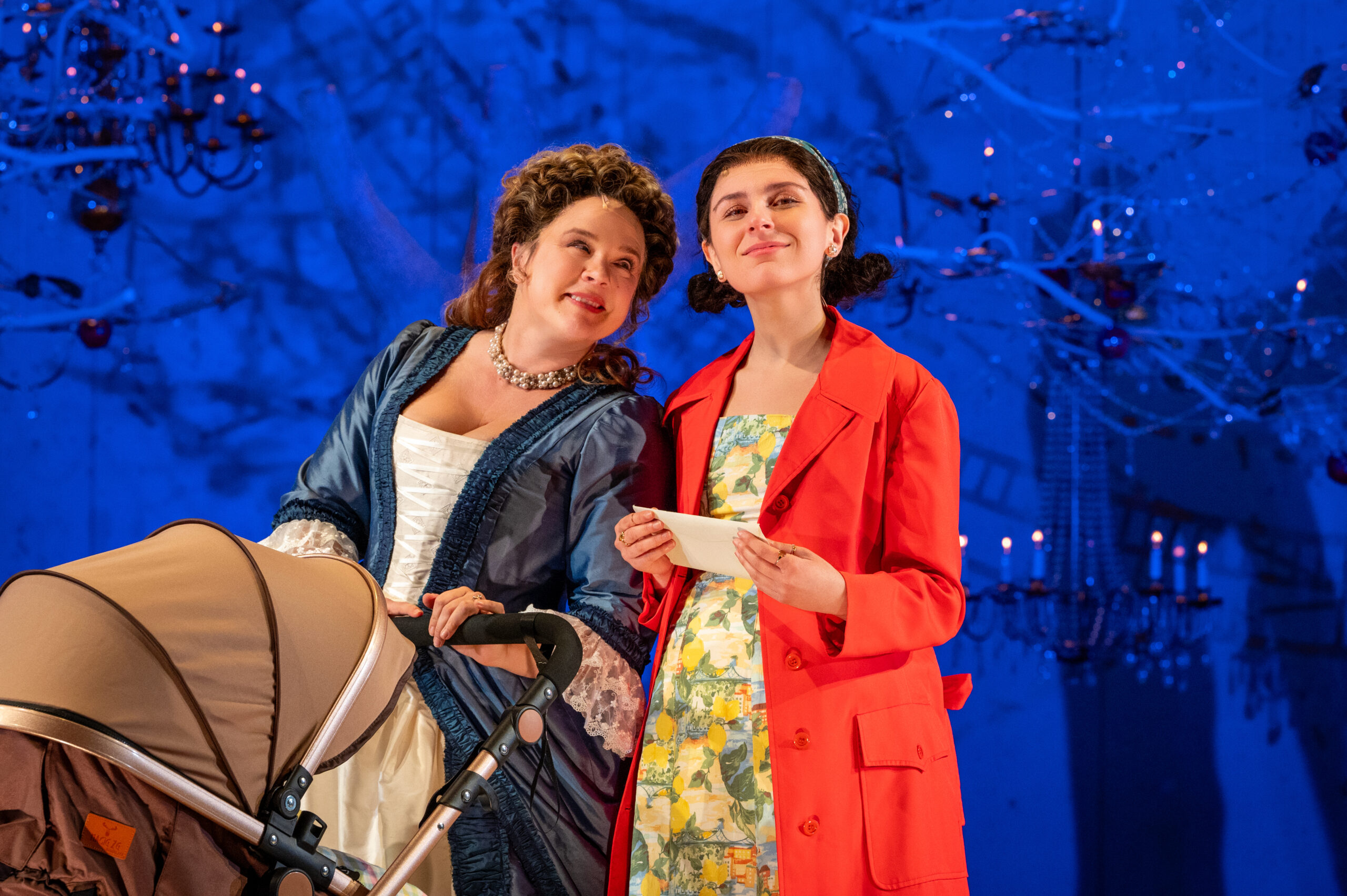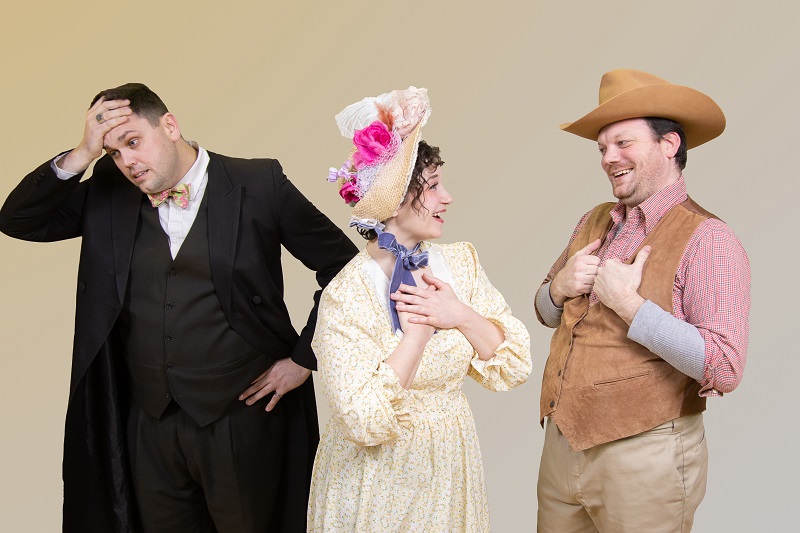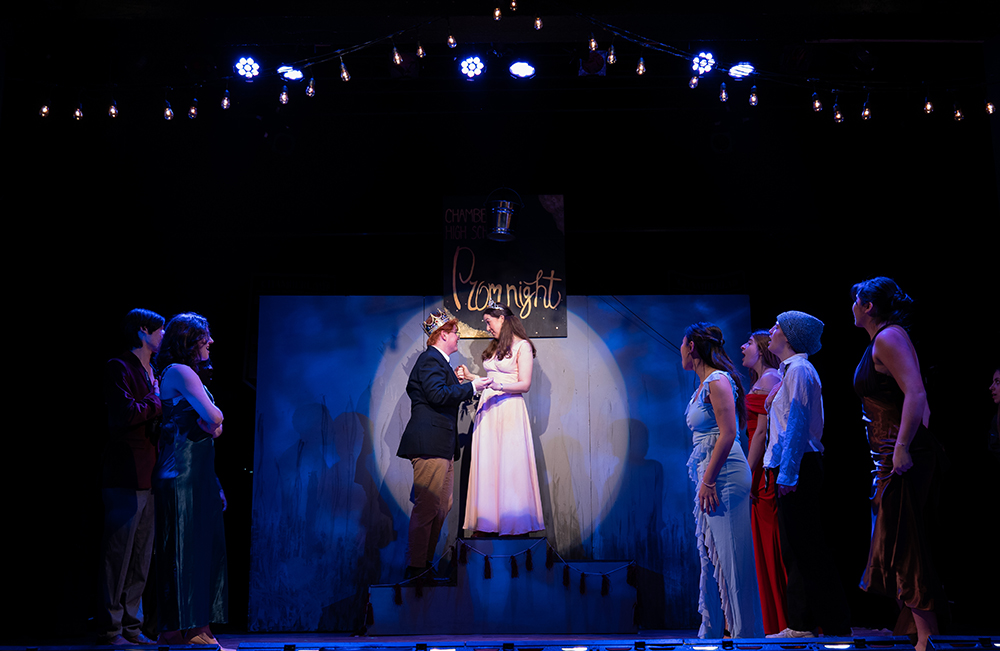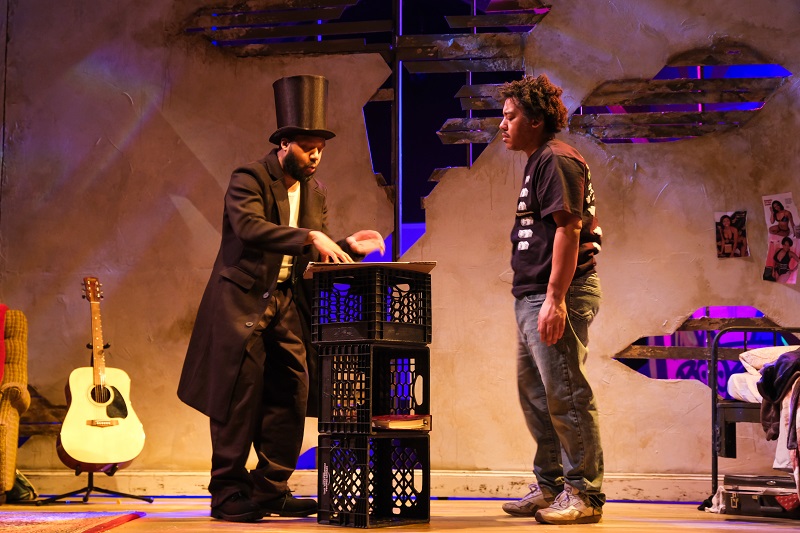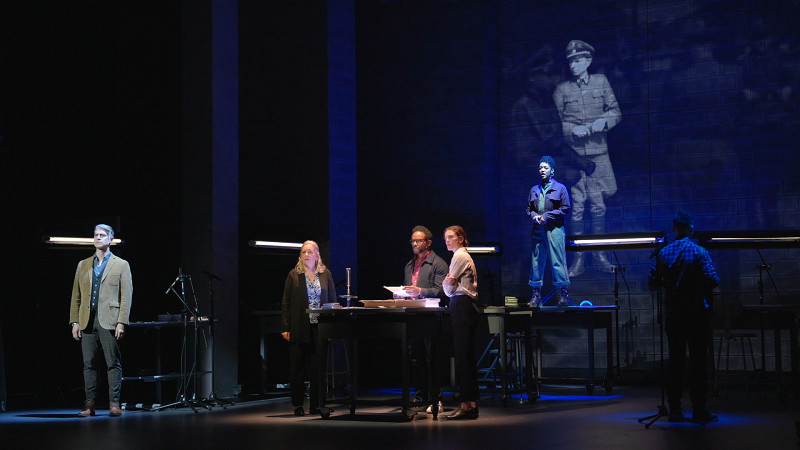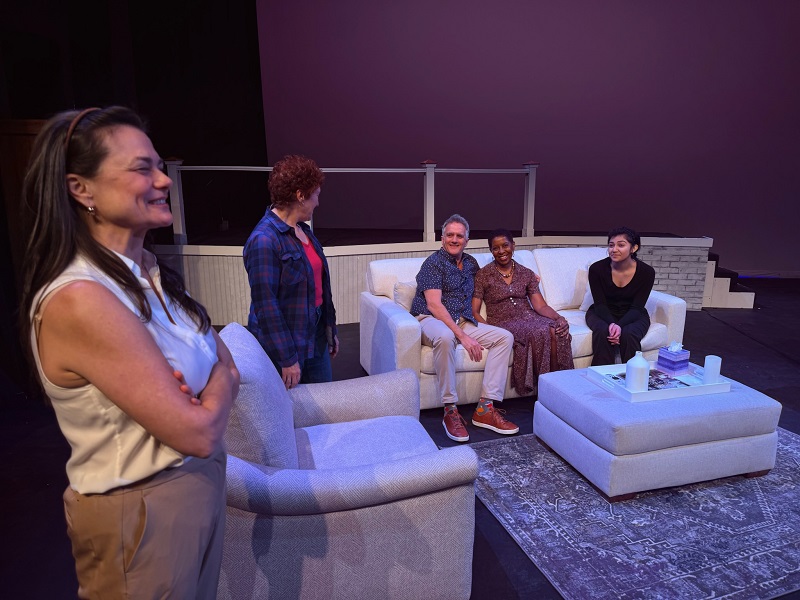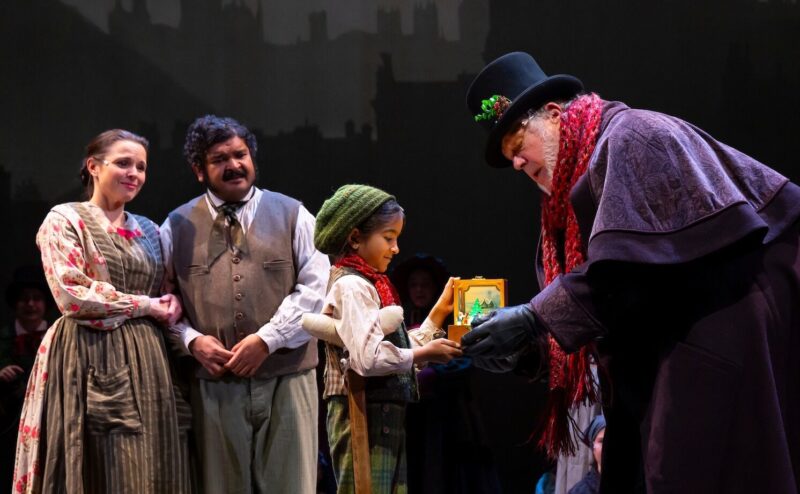By Nancy Plum
Princeton Pro Musica took on a challenge this past weekend with its final performance of the season. Connecting back to World War II, the 100-voice vocal ensemble presented British composer James McCarthy’s 2014 Codebreaker: The Alan Turing Story, an oratorio for chorus, soprano, and orchestra depicting scenes from the life of famed mathematician, inventor and codebreaker Alan Turing. Turing’s incalculable role in history was rooted in his responsibilities during World War II for cracking naval Enigma codes and his invention of a machine to significantly speed up the decryption process and anticipate enemy moves. Considered one of the great intellectual feats of the 20th century, Turing’s invention was credited with saving millions of lives during the War. Writing that there are few people who have “achieved so much of profound consequence for humanity in so little time,” McCarthy approached setting Turing’s life and accomplishments in musical form as a “portrait of a living, breathing human being and not the musical equivalent of a marble monument to a Great Hero.”
In Sunday afternoon’s concert at Richardson Auditorium, Pro Musica Artistic Director Ryan J. Brandau opened with a one-movement string piece of Estonian composer Arvo Pärt. The 1977 Cantus in Memoriam Benjamin Britten was a tribute to a composer from Turing’s time and a connection to the era and country in which the events of the oratorio took place. The 15 string players assembled for this performance began Cantus quietly, as conductor Brandau allowed the music to unfold on its own. The musicians initially played with almost no vibrato, but as the work progressed, the musical fabric became warmer. more


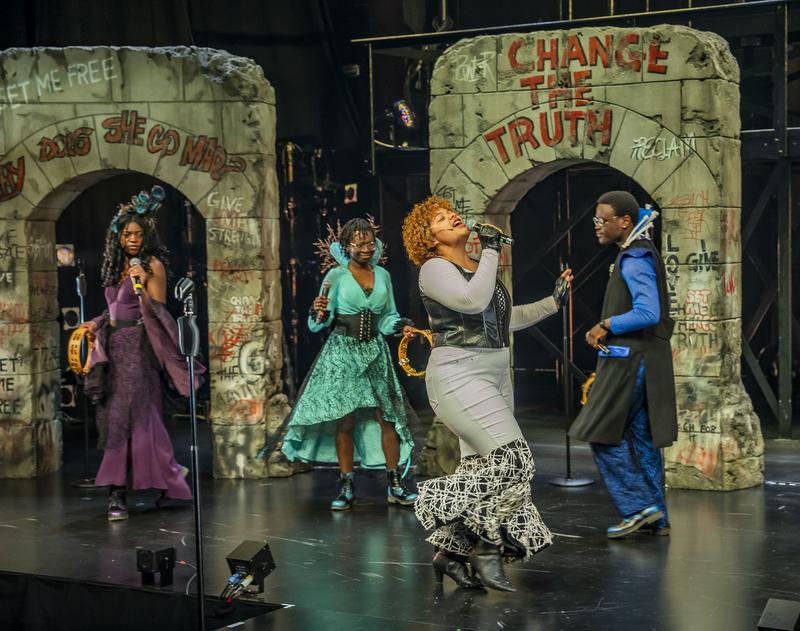
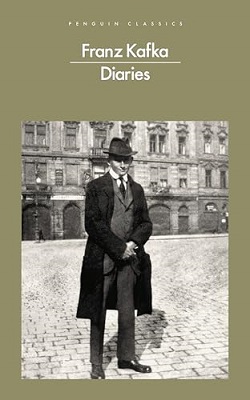 On April 13, the Czech migrant who has been residing at 225 Madison Avenue since November 22, 2024, will be leaving town. I’ve had almost four months to visit the Morgan Library & Museum’s exhibit commemorating Franz Kafka’s June 3, 1924 death and yet here I sit in my study with a copy of Diaries 1910-1923 open to a facsimile of the undated first page, which begins with a single sentence: “The onlookers go rigid when the train goes past.”
On April 13, the Czech migrant who has been residing at 225 Madison Avenue since November 22, 2024, will be leaving town. I’ve had almost four months to visit the Morgan Library & Museum’s exhibit commemorating Franz Kafka’s June 3, 1924 death and yet here I sit in my study with a copy of Diaries 1910-1923 open to a facsimile of the undated first page, which begins with a single sentence: “The onlookers go rigid when the train goes past.”